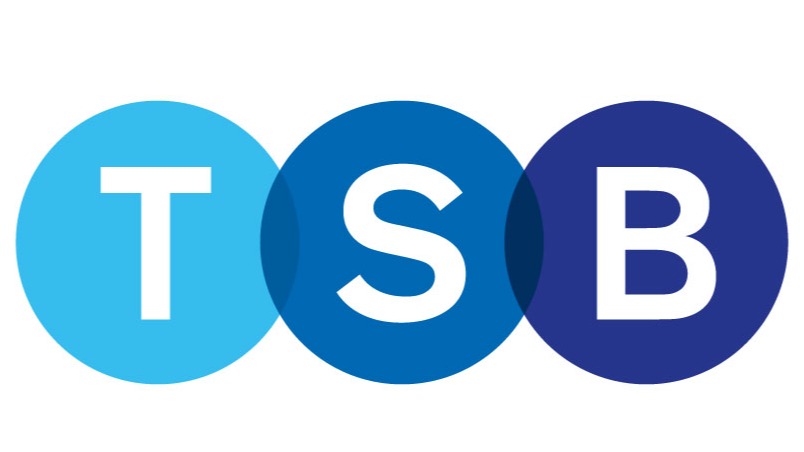Monzo has been rated the top personal and business current account provider in Great Britain.
Starling Bank came in second place for both types of current account, according to the Competition and Markets Authority's (CMA) latest survey on banking satisfaction.
The league table is part of the Retail Banking Order, a set of reforms launched by the regulator after its retail banking market investigation in 2016.
Personal and small business current account holders were asked how likely they would be to recommend their bank to a friend, relative or other business.
“Our mission is to make money work for everyone so we’re delighted to be recognised for the outstanding service we provide for our current account and business customers," said Lyndsey Edgar, vice president operations, Monzo. "These results are testament to the brilliant people we have at Monzo, who ensure customers are at the heart of everything we do."
The results, which cover the period of July 2022 to June 2023, also show that Virgin Money and Royal Bank of Scotland were bottom of the pile when it comes to personal current accounts.
A Royal Bank of Scotland spokesperson said: “We can do more to improve the experience for customers in certain aspects of our service. We’re investing in dedicated teams focussed on making targeted improvements for customers in order to address the areas where our service falls short of expectations."
HSBC was ranked worst business current account provider in Britain.
“Enhancing customer service is a key priority for us," said a spokesperson for HSBC UK. "The increased investment we are making to digitise our services is integral to improving the experience for our business customers and will make banking more aligned with our customers' needs.”
The survey also covers the quality of online and mobile provision, branch and overdraft services and, for small businesses, the quality of the relationship management they receive.
“How banks treat their customers can make an enormous difference to their daily lives, particularly when people and small businesses are feeling the pinch,” said Adam Land, senior director of remedies, business and financial analysis, CMA. “These results make it easy for people to see in branch, or at the click of a button, which banks are listening to their customers and meeting their needs.”
Land added: “This puts pressure on poorly performing banks to raise their game. If the service and quality offered by your bank has been below par, then you may well be able to do better by making a switch.”
FStech has reached out to Virgin Money and HSBC for comment.
Latest News
-
Gemini to cut quarter of workforce and exit UK, EU and Australia as crypto slump forces retrenchment
-
Bank ABC’s mobile-only ila bank migrates to core banking platform
-
Visa launches platform to accelerate small business growth in US
-
NatWest to expand Accelerator programme to 50,000 members in 2026
-
BBVA joins European stablecoin coalition
-
eToro partners with Amundi to launch equity portfolio with exposure to ‘megatrends’
Creating value together: Strategic partnerships in the age of GCCs
As Global Capability Centres reshape the financial services landscape, one question stands out: how do leading banks balance in-house innovation with strategic partnerships to drive real transformation?
Data trust in the AI era: Building customer confidence through responsible banking
In the second episode of FStech’s three-part video podcast series sponsored by HCLTech, Sudip Lahiri, Executive Vice President & Head of Financial Services for Europe & UKI at HCLTech examines the critical relationship between data trust, transparency, and responsible AI implementation in financial services.
Banking's GenAI evolution: Beyond the hype, building the future
In the first episode of a three-part video podcast series sponsored by HCLTech, Sudip Lahiri, Executive Vice President & Head of Financial Services for Europe & UKI at HCLTech explores how financial institutions can navigate the transformative potential of Generative AI while building lasting foundations for innovation.
Beyond compliance: Building unshakeable operational resilience in financial services
In today's rapidly evolving financial landscape, operational resilience has become a critical focus for institutions worldwide. As regulatory requirements grow more complex and cyber threats, particularly ransomware, become increasingly sophisticated, financial services providers must adapt and strengthen their defences. The intersection of compliance, technology, and security presents both challenges and opportunities.
© 2019 Perspective Publishing Privacy & Cookies













Recent Stories